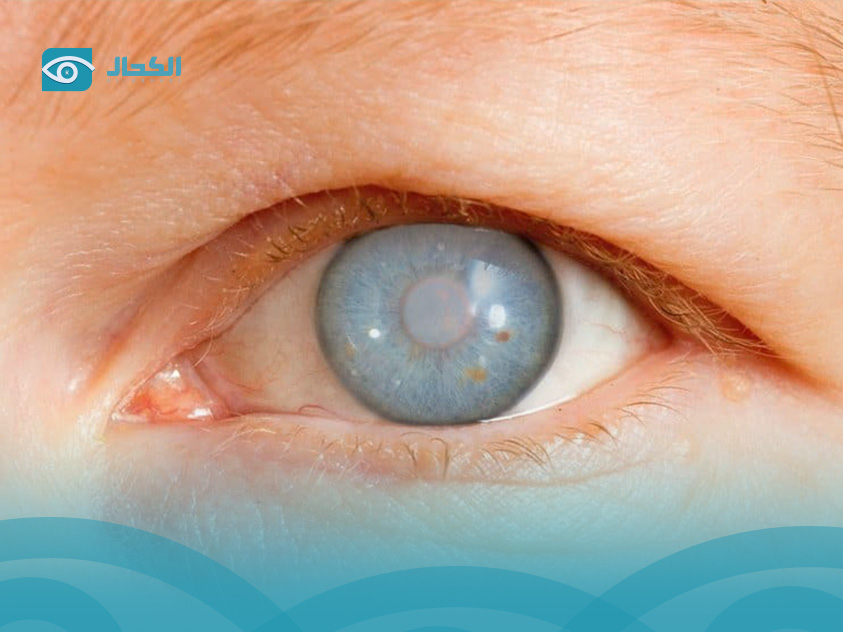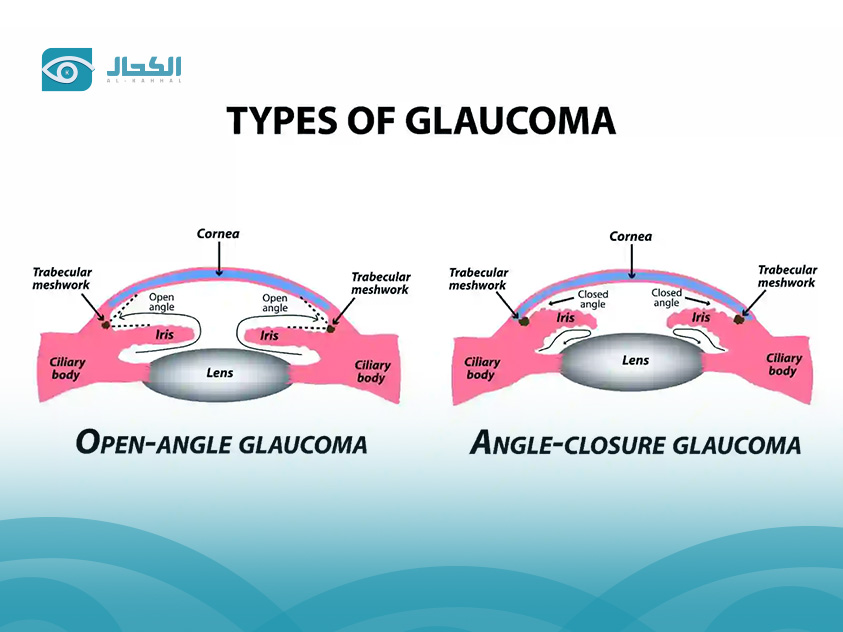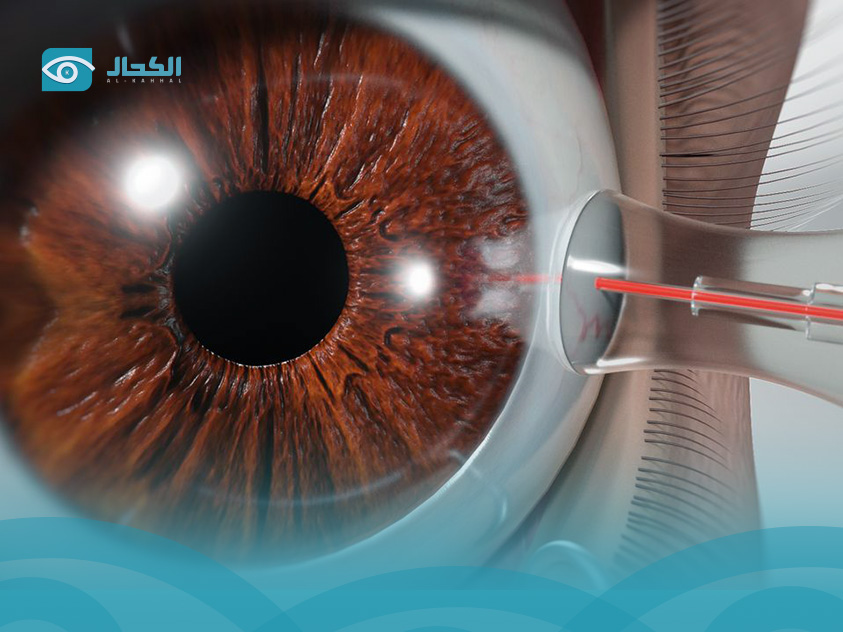
Glaucoma Treatment and Diagnosis
Glaucoma Treatment and Diagnosis

Glaucoma Treatment and Diagnosis
Understanding what glaucoma is the first step toward protecting your vision. What is glaucoma? It’s not just one condition, but a group of eye diseases that cause damage to the optic nerve, usually due to a buildup of pressure inside the eye. Many people don’t realize what is glaucoma until the disease has already started to affect their vision and by then, the damage is often permanent.
That’s why it’s so important to learn early what is glaucoma, how it progresses, and why it’s known as a silent threat to eyesight. For anyone wondering what is glaucoma and how it can impact daily life, the answer lies in awareness, regular eye exams, and early treatment. Most types are manageable when caught early, and with proper care, you can reduce the risk of vision loss and maintain eye health over time.

Glaucoma is a group of eye conditions that damage the optic nerve, usually due to high eye pressure. There are several types of glaucoma, each with different causes and progression. The most common types of glaucoma include open-angle, angle-closure, normal-tension, secondary, and congenital glaucoma.
This is the most common type. It develops slowly over time and usually has no early symptoms. The drainage channels in the eye become less efficient, causing a gradual rise in intraocular pressure.
This type occurs when the drainage angle in the eye becomes suddenly blocked, leading to a rapid increase in eye pressure. It’s a medical emergency and can cause sudden vision loss if not treated immediately.
In this form, the optic nerve is damaged even though the eye pressure remains within the normal range. It's believed to be related to poor blood flow to the optic nerve or increased sensitivity of the nerve.
This type is caused by another medical condition or factor, such as eye injury, inflammation, certain medications (like steroids), or diabetes. Treatment focuses on the underlying cause in addition to lowering eye pressure.
A rare type that affects infants and young children, usually caused by an abnormality in the eye's drainage system. Early diagnosis and surgical treatment are often required to prevent vision loss.

Treatment of glaucoma focuses on lowering intraocular pressure to prevent further damage to the optic nerve. Although vision loss caused by glaucoma is usually irreversible, early and consistent treatment of glaucoma can help slow or even halt its progression. The most effective treatment of glaucoma depends on the specific type and severity of the condition, and may involve medicated eye drops, oral medications, laser procedures, or surgical intervention. Ongoing follow-up is crucial to monitor eye pressure and adjust the treatment of glaucoma as needed to preserve vision.
Knowing how to treat glaucoma is essential to prevent vision loss and protect eye health. There are several approaches when it comes to how to treat glaucoma, depending on the type and severity of the condition. Eye care professionals focus on lowering eye pressure, which is the key to managing the disease. Understanding how to treat glaucoma helps patients stay consistent with their care, and regular follow-ups are part of how to treat glaucoma effectively.
Often the first line of treatment. They reduce intraocular pressure by either decreasing fluid production or improving fluid drainage in the eye.
Used when eye drops alone aren’t enough. These medications work to lower eye pressure more effectively in some cases.
Healthy habits like regular exercise, a balanced diet, and avoiding smoking can support eye health and improve treatment outcomes.
Routine eye exams are essential to track pressure levels, optic nerve health, and ensure treatment is working.
Following the prescribed treatment plan consistently is key to preventing vision loss and managing the disease long term.
Glaucoma treatment surgery is typically considered when other forms of treatment—such as prescription eye drops, oral medications, or laser procedures, fail to adequately lower intraocular pressure. In many cases, patients may start with less invasive treatments, but if the pressure remains high or if optic nerve damage continues to progress, glaucoma treatment surgery becomes necessary to prevent permanent vision loss.
This step is especially important in moderate to advanced stages of the disease, where preserving the remaining vision is critical. Glaucoma treatment surgery is also recommended for patients who cannot tolerate medications due to side effects, or for those who have difficulty following long-term medical regimens. The goal is always the same: to protect the optic nerve and maintain visual function by improving the eye’s ability to drain fluid and relieve pressure.
When medications or laser treatments fail
Surgery is considered if eye drops and laser therapies no longer control intraocular pressure effectively.
When eye pressure remains dangerously high
If pressure stays elevated despite ongoing treatment, surgery may be needed to prevent further optic nerve damage.
In moderate to advanced glaucoma cases
Patients with significant vision loss or worsening symptoms may require surgical intervention to protect remaining vision.
When medication side effects are intolerable
If a patient cannot tolerate the side effects of eye drops or oral medications, surgery can offer an alternative.
For better long-term control
In some cases, doctors recommend early surgery to reduce long-term dependence on medications and better stabilize eye pressure.

If you’ve been ignoring subtle changes in your vision, like blurry spots, tunnel vision, or halos around lights, now is the time to act. Glaucoma doesn’t wait, and neither should you. This silent condition can cause irreversible damage before you even realize it’s there. But with early detection, the future doesn’t have to be blurry.
At Al-Kahhal Medical Complex, we combine advanced diagnostic tools with expert care to catch glaucoma early and manage it with precision. Our team of experienced ophthalmologists is committed to protecting your sight and preserving your quality of life.
Don’t let time steal your vision. Take the first step toward clarity and confidence—book your glaucoma consultation today. Because when it comes to your eyes, trusted care makes all the difference.
A group of eye diseases that damage the optic nerve, usually from high eye pressure. It often develops silently and can cause permanent vision loss if untreated.
Open-angle: Most common, slow and symptom-free at first. Angle-closure: Sudden blockage, medical emergency. Normal-tension: Optic nerve damage despite normal pressure. Secondary: Caused by injury, disease, or medications. Congenital: Rare, affects infants/children.
When medications or lasers don’t control pressure, vision loss worsens, or side effects are intolerable. Surgery helps improve drainage and protect remaining vision.
No. Vision loss from glaucoma is permanent, but early detection and treatment can slow or stop progression.